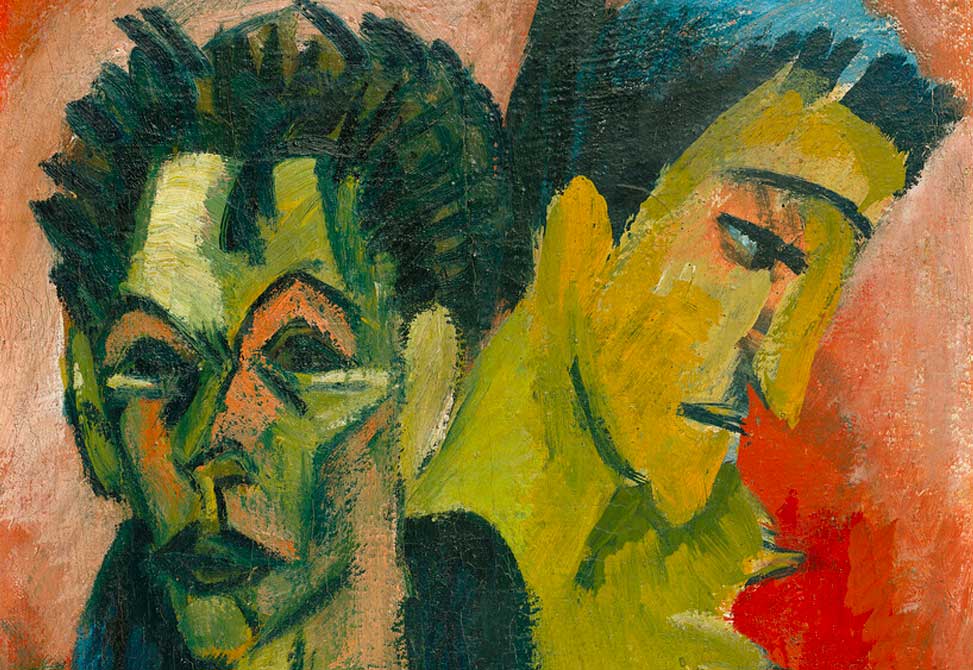Latest Articles
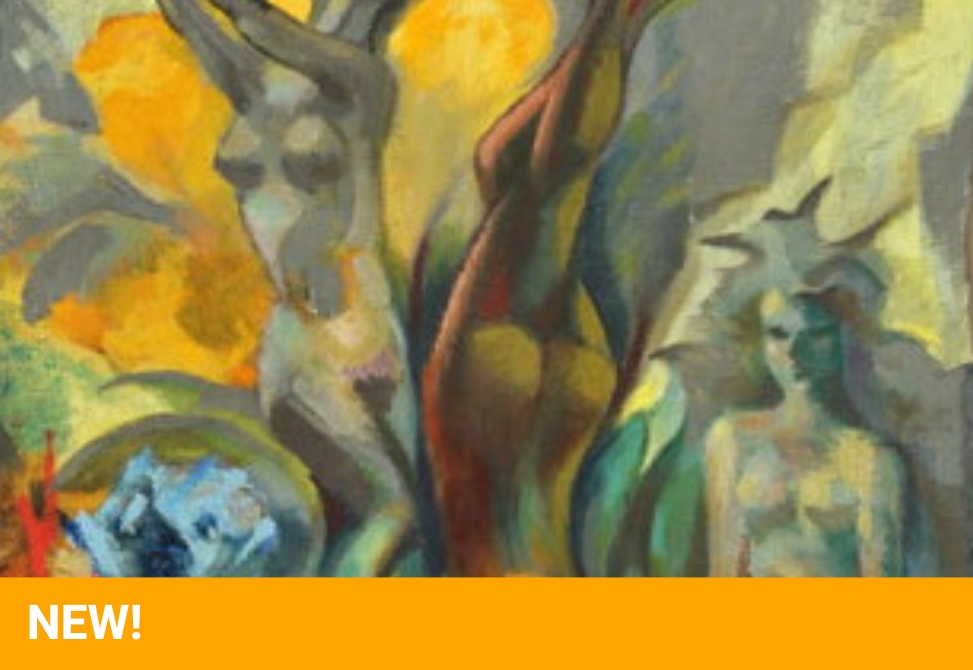
Finding the Way Home to the Body
Karishma Sharma
September 1, 2024
Intuitives must engage with and deepen into the body’s knowing, enter into conversation with the body and be open to its revelations. Coming into relationship with the body has opened channels to the depths of my being, making me conscious of the guidance within, informing me of my innermost needs, and allowing me to accept the paradoxes of the inner world.
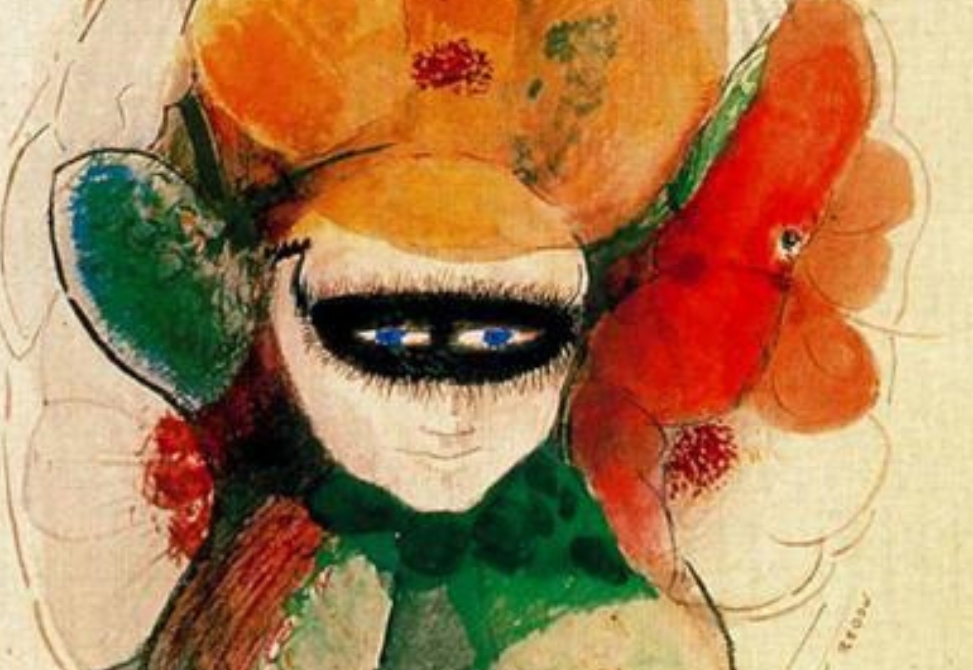
Trading the American Dream for Real Life
Sofia Taboada
June 11, 2024
The competent, professional, independent persona that I had painstakingly crafted over my entire adolescence and adulthood was taken from me. The woman who had climbed the ranks to become a successful executive at the pinnacle of the corporate world, with her glamorous jet-setting lifestyle, was gone. I had experienced an enormous personal defeat and, having no recourse left, I realized I had reached rock bottom.
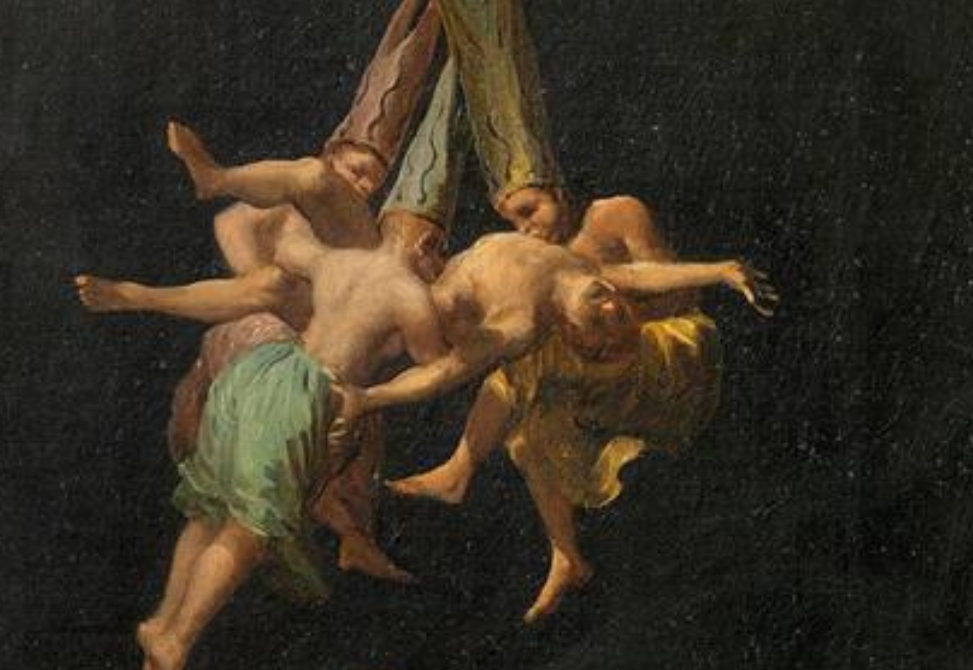
The Rhetoric of Paranoia in an ESTJ Culture
Erika Raney
March 6, 2024
In this patriarchal and heavily capitalistic culture that privileges the thinking functions, feeling seems to dominate the unconscious collective psyche. In the rise of cults of personality in their contemporary manifestation, the inflated extraverted thinking function establishes a goal; then anything that does not adhere to that universal aim is excised. In this crusade-like paradigm, connection to the genuine feelings and needs of a diverse community is lost as unhealthy extraverted thinking tightens its grip on power.
From the Archives

Marriage as a “Hotbed of Individuation”
Jonathan Elias
April 25, 2021
Couples often wonder whether they are “ready” for such a commitment. I look for situations when each person’s “sore spot” is activated. When a couple is able to hold the tension of the activated inferior function and find a way to make their relationship a vehicle for the development of personality, then they are “ready” for marriage in one of the most crucial ways.

Soldier and Seeker
Elizabeth and Katherine W. Hirsh
February 1, 2012
Becoming a warrior requires you to shed some aspects of your identity and to take on new ones to fit your new role. Allegiances can be strained as new, family-like bonds are forged with fellow warriors. Individuals on the type development/individuation journey can also experience feelings of isolation from significant others and community.
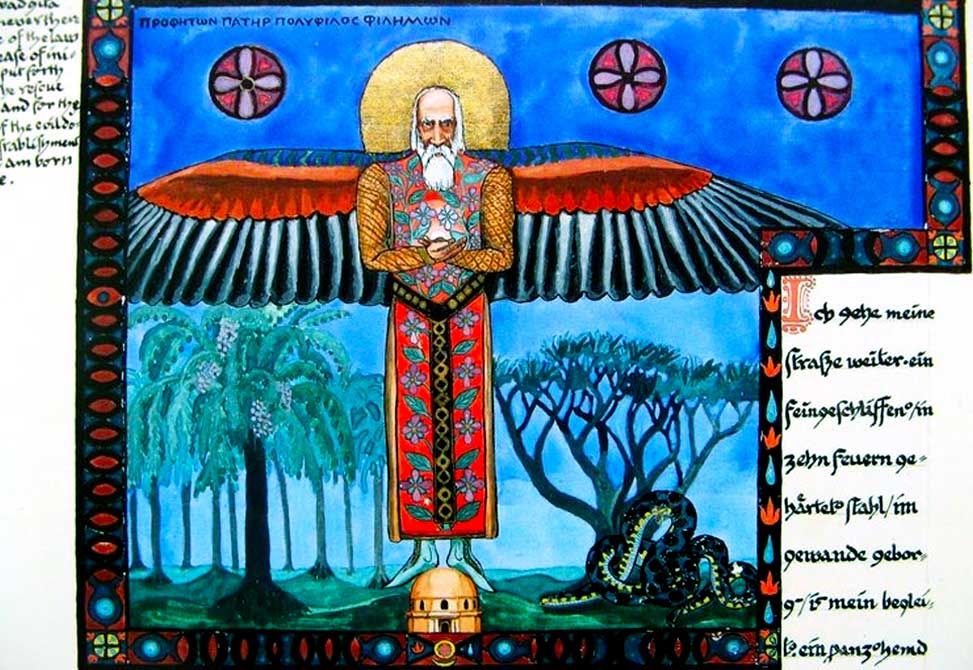
The Integrity of Carl Jung
Jennifer Soper
October 1, 2014
First comes the development of the Hero; next is the “fall,” which brings awareness that something is missing, leading to the rejection of the heroic inflation and the longing for more. Then comes the real “journey,” holding the tension between our highly conscious dominant/superior function and our much less conscious inferior function.
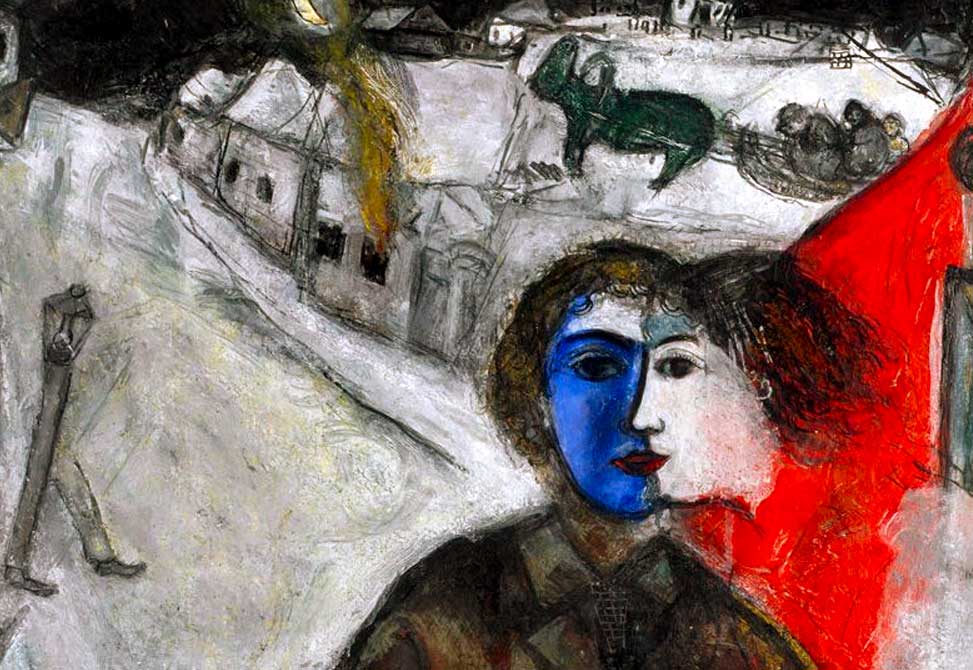
Voice of the Feminine as Dream Symbol
Soha Al-Jurf
September 16, 2020
Cassandra represents the difficulty of expressing one’s own truth in a way that is persuasive and influential in the world, particularly a truth that is not androcentric. The weakening of the voice of the dream ego represents the suppression and repression of the feminine that results from continuing to rely on old ways of exerting influence.
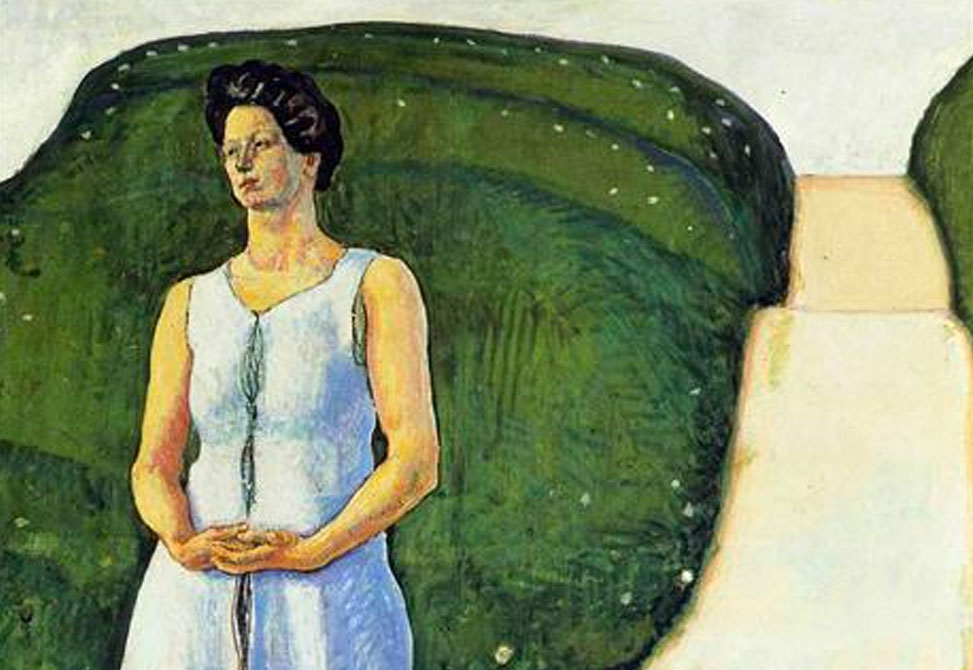
Vanishing Fingerprints
Lori Green
March 19, 2020
I suddenly noticed all the bright, beautiful one-inch tiles lining the pool. How had I not seen them before? Each of these little cobalt blue squares bore witness to my laps through the water. I decided, in the spirit of play, to imagine that every one of these tiny tiles represented $5000. For the time in which I swam, I engaged this unexpected image.

Dancing to Lunar Rhythms
Gelareh Khoie
December 16, 2020
I’ve discovered that the functions express their unique influence through the tao of the Greek goddess Artemis—an archetypal propensity richly endowed with autonomous power, fierce agency, determined focus, profound self-sufficiency and capacity for self-care, and enormous ability to maintain a connection with the purity of a thalassic and lunar soul.
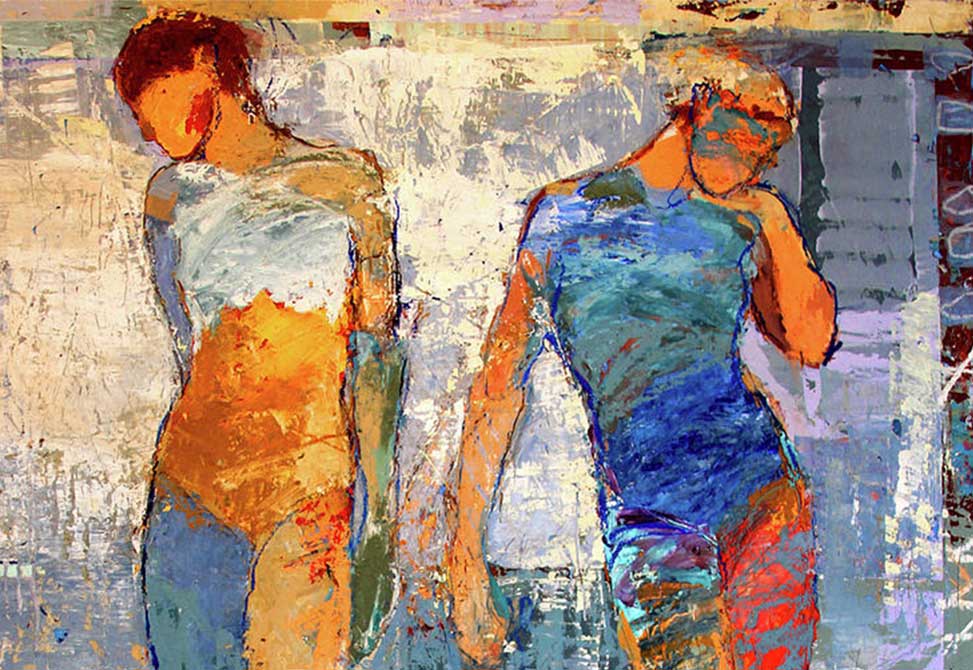
What Divides Psychology & Typology?
Carol Shumate
February 5, 2014
A separation exists between psychology and typology. Many psychologists and even many Jungians ignore Jung’s major work, Psychological Types, and the concepts underlying it. The field has been left mostly to lay practitioners, who use the MBTI® instrument for training, coaching, and other pragmatic applications. What reasons do you see for the divide?


